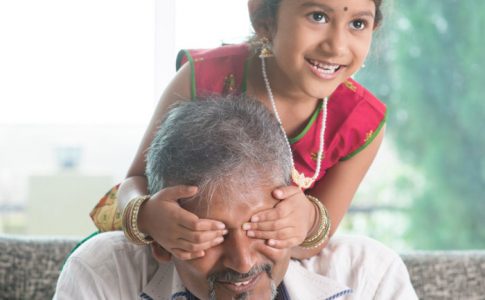 “I’ve been thinking about you,” my dear old childhood friend said to me over a glass of wine the other night. “I can’t imagine what it’s like to be without your daughter for six weeks. I have trouble getting through a work day without mine.”
“I’ve been thinking about you,” my dear old childhood friend said to me over a glass of wine the other night. “I can’t imagine what it’s like to be without your daughter for six weeks. I have trouble getting through a work day without mine.”
On the outside, I looked cool–steely, even. But on the inside, something rumbled, like an iceberg setting adrift. An irreversible revelation: how different I am from the “normal” moms I know. Pity cast a film over my drink, and I lost interest in it. I nodded my head; I didn’t have any answer for her. She was sincere. She was trying to put herself in my shoes. I shrugged, looked her in the eyes, and said, “Yeah, it’s a real grind.”
Here’s the thing, my daughter’s dad lives out of the country. Not in another state, not on the other side of the nation. He lives across an ocean, where everyone speaks another language, where the food is different, where money has a different value.
In our house, it’s feast or famish. I have her for the entirety of the school year, with a few visits from him peppered in, then he gets her for the majority of the summer. She seems to enjoy herself, riding horses and swimming in a nearby lake. People say, “What a benefit it will be for her to learn two languages.” And, “This will build resiliency in her.” And, “Lucky you! You get a summer to do everything you want to do!” All of this is true. It’s optimistic, and in the very big picture, true.
I soldier through July. I make care packages, I play complicated games with horse figurines with her over Skype. I go through her drawers, casting last year’s socks and leggings in a donation pile. I stare at her pictures in August. When I feel really strong, I weed through her old toys and donate those, too. Making way for the new toys, the new clothes, and the new games to come. I cry in the shower. I jog. I love on my fiancé, focus on work, friends, family, fellowship, diet. I take long walks with the dog and cuddle with the cat. All of these things I know are important to my well being.
And I pray that she will be safe. Ultimately, I pray that she will come home. Some days I feel raw and bereft. “It will get easier,” people say. Maybe. But when she returns, joy will return, and then it will be her father’s turn to grieve. And we will make the shape of our lives into what it is. We will accept that being adult is about compromise.
And our daughter will be loved in the way that only those who know the pain of absence can love.






